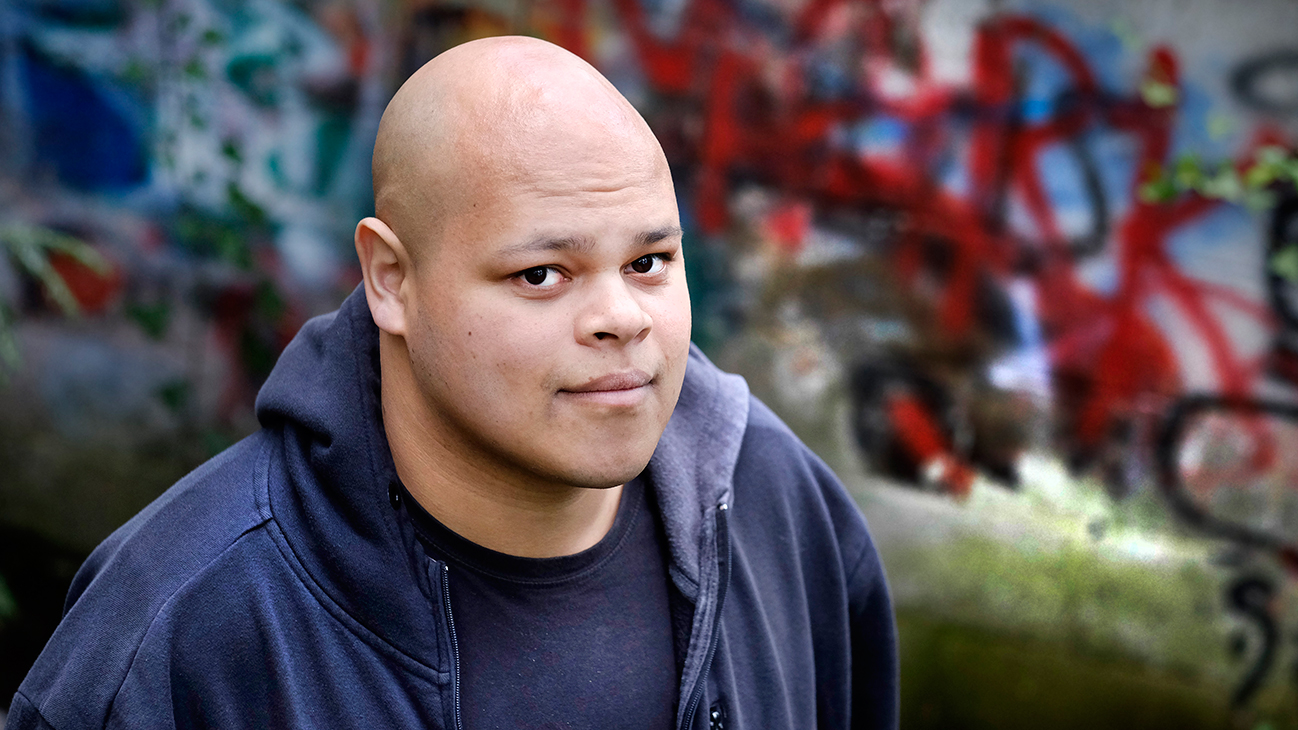Jamil Jivani tackles some of the biggest challenges in the world as a lawyer, community organizer, and teacher. With research and teaching appointments at Yale Law School and Osgoode Hall Law School, Jamil focuses on issues that impact youth, immigrants, and low-income families. He is also the founder of the Citizen Empowerment Project, a public education organization leading initiatives related to policing, racial profiling, democratic participation, voter turnout and economic development.
Jivani’s new book, Why Young Men, examines the circumstances around young men today—particularly in marginalized communities. In light of the tragic van attack in Toronto this week, Jamil’s also been reflecting on that through the lens of his research. The Globe and Mail published his thoughts yesterday and it’s an important read. Here’s an excerpt:
Whatever details emerge, we know that playing the role of a victim is often at the root of the rage young men express as violence at this scale. The world has been unfair to them personally, these angry young men believe, or it has been unfair to others they identify with. One way or another, they say, their hometown or neighbourhood or rival gang deserves to suffer. Their moral compass allows for unspeakable acts because of the supposed injustices inflicted upon them or the moral corruption of everyone else.
Most people can relate to feeling deeply dissatisfied at some point as young adults. We don’t always have the families, jobs, love, money or governments that we wish we had. But it takes a heightened sense of self-victimization to project your personal dissatisfaction onto others and feel entitled to take a human life.Ideologies that encourage young men to turn their personal dissatisfaction into violence promote self-victimization without restraint. This is true even for ideologies that are superficially very different from one another. As Amarnath Amarasingam and Julia Ebner of the counter-extremism organization ISD have explained, the worldviews of extremist groups are “terrifyingly intertwined.” Jihadist groups such as the Islamic State, for instance, promote a clash of civilizations between the West and Islam by convincing young Muslims (who are often recent religious converts) they are unhappy because Europe and North America are prejudiced, hateful places for Muslims. Far-right extremists and neo-Nazis similarly tell young white men that life is difficult because immigrants and diversity advocates are turning the West into a prejudiced, hateful place for whites.
Other ideologies that encourage violence, such as the inner-city gangster subculture responsible for many of Toronto’s 17 other homicide victims this year, similarly teach victimhood. Young men learn that being a gangster is acceptable if you’re poor or you need money you can’t easily get elsewhere. These gangsters are taught to think they’re victims of others’ immorality and as victims, they can justify being immoral in return, which is why so much gun violence is retaliatory.
Self-victimization has grown far beyond extremist groups or gangs. It has seeped into many parts of our society.
Read the entire opinion piece here.

